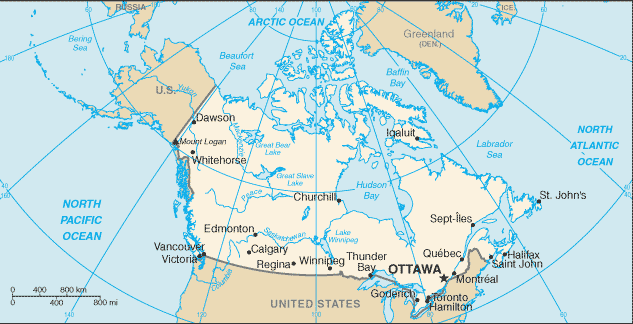 A new cannabis legalization initiative is being pushed for Lebanon, long a legendary hashish producer. This time the idea has won influential international backers. And the cannabis-grower militias have actually mobilized to beat back ISIS incursions into the hashish heartland of Bekaa Valley from neighboring Syria. Is the time finally ripe for the day-lighting of Lebanon's powerful hashish industry?
A new cannabis legalization initiative is being pushed for Lebanon, long a legendary hashish producer. This time the idea has won influential international backers. And the cannabis-grower militias have actually mobilized to beat back ISIS incursions into the hashish heartland of Bekaa Valley from neighboring Syria. Is the time finally ripe for the day-lighting of Lebanon's powerful hashish industry?

 In another sign of turning tides, a prestigious British think-tank once beloved of Margaret Thatcher has called on the government to legalize cannabis. The breakthrough report finds that a legal cannabis industry could raise £1 billion per year in tax revenues for the United Kingdom, while undercutting the black market.
In another sign of turning tides, a prestigious British think-tank once beloved of Margaret Thatcher has called on the government to legalize cannabis. The breakthrough report finds that a legal cannabis industry could raise £1 billion per year in tax revenues for the United Kingdom, while undercutting the black market. Canada is about to make history, with passage of its cannabis legalization bill imminent. Prime Minister Justin Trudeau is the man of the hour, shepherding the first Western industrialized country along a course that was nearly unthinkable a generation ago. But it was activist efforts that really brought Canada to this point—and advocates are still fighting to keep a place for small growers and vendors in the new system.
Canada is about to make history, with passage of its cannabis legalization bill imminent. Prime Minister Justin Trudeau is the man of the hour, shepherding the first Western industrialized country along a course that was nearly unthinkable a generation ago. But it was activist efforts that really brought Canada to this point—and advocates are still fighting to keep a place for small growers and vendors in the new system. Amid the controversies over how Canada's federal government and provinces will divide regulatory oversight as well as the tax revenues from legal cannabis, a largely overlooked question is the role of the country's First Nations. With passage of the Canadian Cannabis Act now imminent, indigenous groups agree they want more involvement in the process. But First Nations are divided between those hoping for a windfall from legal sales and those actually calling for passage of the Cannabis Act to be put off because native peoples were not properly consulted.
Amid the controversies over how Canada's federal government and provinces will divide regulatory oversight as well as the tax revenues from legal cannabis, a largely overlooked question is the role of the country's First Nations. With passage of the Canadian Cannabis Act now imminent, indigenous groups agree they want more involvement in the process. But First Nations are divided between those hoping for a windfall from legal sales and those actually calling for passage of the Cannabis Act to be put off because native peoples were not properly consulted. Something of a corporate scramble is underway to secure patents for the various curative properties of CBD, and associated products and procedures. Pharmaceutical firms see a windfall, but some activists raise concerns about the creeping privatization of a cannabinoid that should belong to the genetic and intellectual commons of the human race. How realistic are fears about the imminent arrival of "corporate cannabis"?
Something of a corporate scramble is underway to secure patents for the various curative properties of CBD, and associated products and procedures. Pharmaceutical firms see a windfall, but some activists raise concerns about the creeping privatization of a cannabinoid that should belong to the genetic and intellectual commons of the human race. How realistic are fears about the imminent arrival of "corporate cannabis"? With US stock exchanges still almost entirely closed to cannabis businesses, the stateside industry is increasingly seeking access to the Canadian exchanges in order to secure investment. Taking over publicly traded Canadian firms through reverse mergers has emerged as the critical tactic in this endeavor.
With US stock exchanges still almost entirely closed to cannabis businesses, the stateside industry is increasingly seeking access to the Canadian exchanges in order to secure investment. Taking over publicly traded Canadian firms through reverse mergers has emerged as the critical tactic in this endeavor.





Recent comments
1 week 2 days ago
1 week 3 days ago
4 weeks 3 days ago
5 weeks 3 days ago
9 weeks 3 days ago
13 weeks 1 day ago
17 weeks 2 days ago
18 weeks 8 hours ago
28 weeks 8 hours ago
32 weeks 19 hours ago